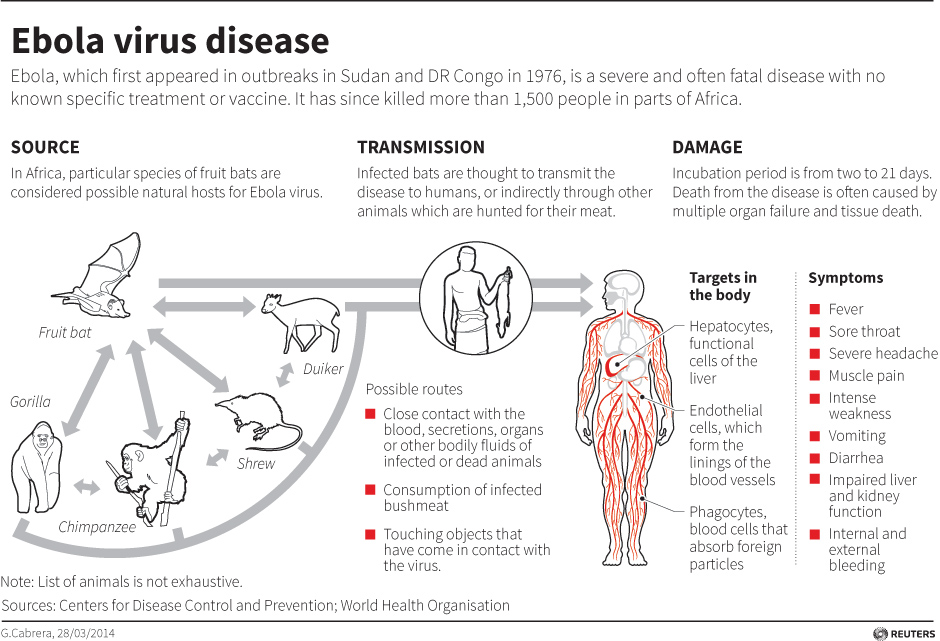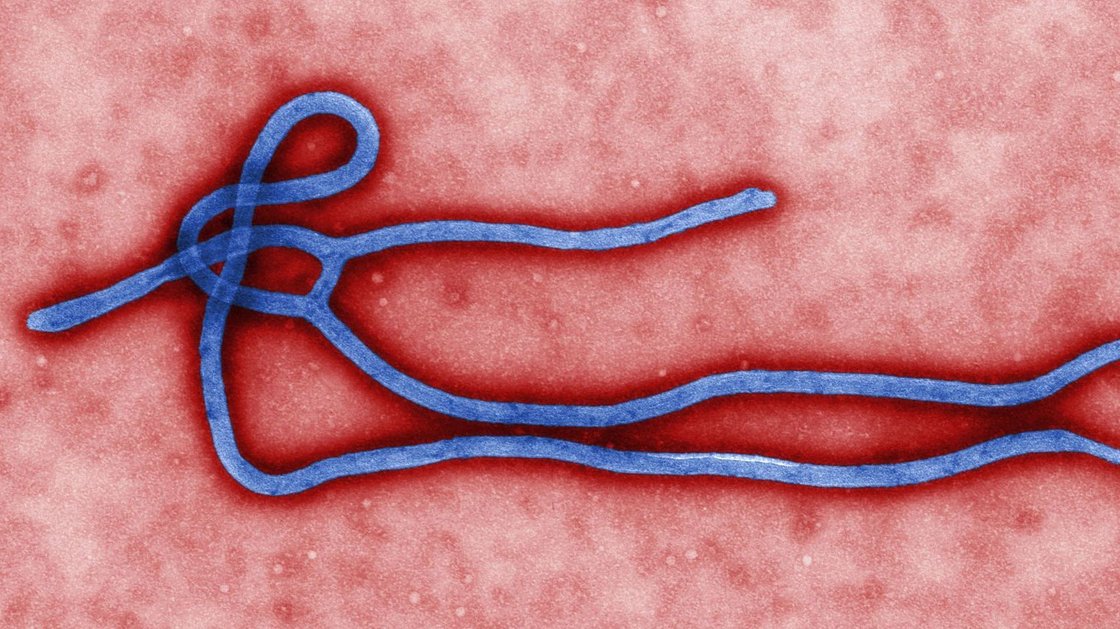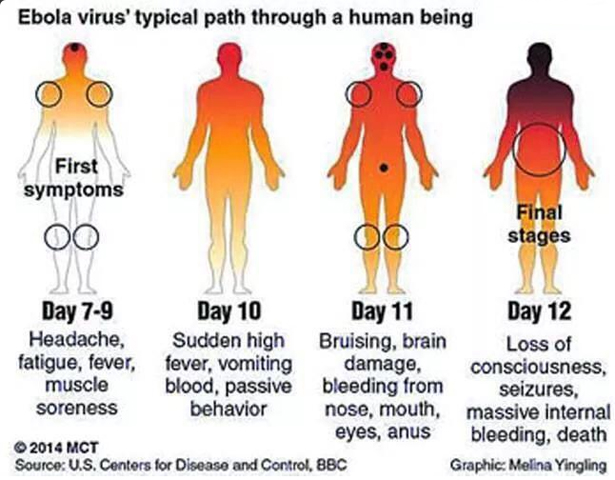FSR Newsroom
What You Should Do to Prepare for an Ebola Epidemic
Ebola has been in the news a lot lately. In fact, just yesterday the first Ebola victim in the Unites States died. Thomas Eric Duncan, a 42-year-old man from Liberia, passed away in a Dallas medical isolation unit at Texas Presbyterian Hospital.
In Africa, the virus has already killed 3,800 people causing widespread panic. So what do you need to know about how to protect yourself and your family?
How Ebola Spreads

Because the natural reservoir host of Ebola viruses has not yet been identified, the manner in which the virus first appears in a human at the start of an outbreak is unknown. However, researchers believe that the first patient becomes infected through contact with an infected animal. Ebola is spread through direct contact (through broken skin or mucous membranes in, for example, the eyes, nose, or mouth) with:
- blood or body fluids (including but not limited to urine, saliva, sweat, feces, vomit, breast milk, and semen) of a person who is sick with Ebola
- objects (like needles and syringes) that have been contaminated with the virus
- infected animals
- Ebola is not spread through the air or by water, or in general, by food. However, in Africa, Ebola may be spread as a result of handling bushmeat (wild animals hunted for food) and contact with infected bats. There is no evidence that mosquitos or other insects can transmit Ebola virus. Only mammals (for example, humans, bats, monkeys, and apes) have shown the ability to become infected with and spread Ebola virus.
Of course, it’s somewhat comforting to know Ebola cannot be transmitted through the air or water. However, the virus is still a mystery to many in the healthcare community. If a widespread Ebola outbreak occurs in the United States it would be wise to avoid public places such as airports, train stations, schools, sporting events, and other locations where people frequently come in contact with each other. So far the Obama administration is adding more screening requirements to some airports, and we think this should also extend to border crossings.
What It’s Like to Die from Ebola
**Warning. This next section may contain content not suitable for some audiences**
Text courtesy of the Huffington Post
Ebola generally starts with flu-like symptoms. Though it’s known for the extreme hemorrhagic symptoms — the bleeding out of the eyes, etc. — not everyone will experience these. “In fact, only 20 percent of people will have [these extreme symptoms].” “Some people may succumb to the illness before it gets to that point, some may have minor bleeding, some may just have bleeding of the gums, or bruising.”
The flu-like symptoms typically occur in the first stages of the illness, before the person gets sicker and starts to experience more severe symptoms such as vomiting, diarrhea and low blood pressure. The extreme bleeding occurs toward the end of the illness. People who die from infection with Ebola virus usually end up dying from multi-organ failure and shock. “The shock is from the bleeding — now you’re bleeding in different parts of your body, and the blood is leaking out of your blood vessels. Even if [you don’t have] the hemorrhagic features, you’re still leaking blood.”
What’s the Most Likely Scenario for an Ebola Epidemic in the United States?
If Ebola breaks out in the United States in a wide-scale manner, the most likely outcome would be mass quarantines, and maybe even marshall law. Officials would try to keep people from coming together and may ban public meetings and gatherings altogether. Transportation would also be seriously curtailed in order to try and keep the virus from spreading to new areas. People would be confined to their homes for weeks and maybe even months.
None of this sounds likely, but it never hurts to think about possibilities.
What You Need to Do to Prepare
If you weren’t able to leave your house for an extended period of time, then you would need a source of food. We recommend having at least a three-month supply on hand, and more if you can afford it. Here are our top sellers:
Food For Health (manufacturer of Jim Bakker food)
Food Insurance (recently changed)
Finally, it is worth mentioning that we don’t like to use crises to scare people into buying things. It’s an old-school tactic that doesn’t work very well in the modern age. However, if it takes an Ebola scare to get you to do what you should have already done, then we don’t mind.
So don’t go crazy thinking something bad is going to happen to you tomorrow. Be rational and prepare for something you hope never happens…but might.






Comments
There are no comments yet, would you like to submit yours?